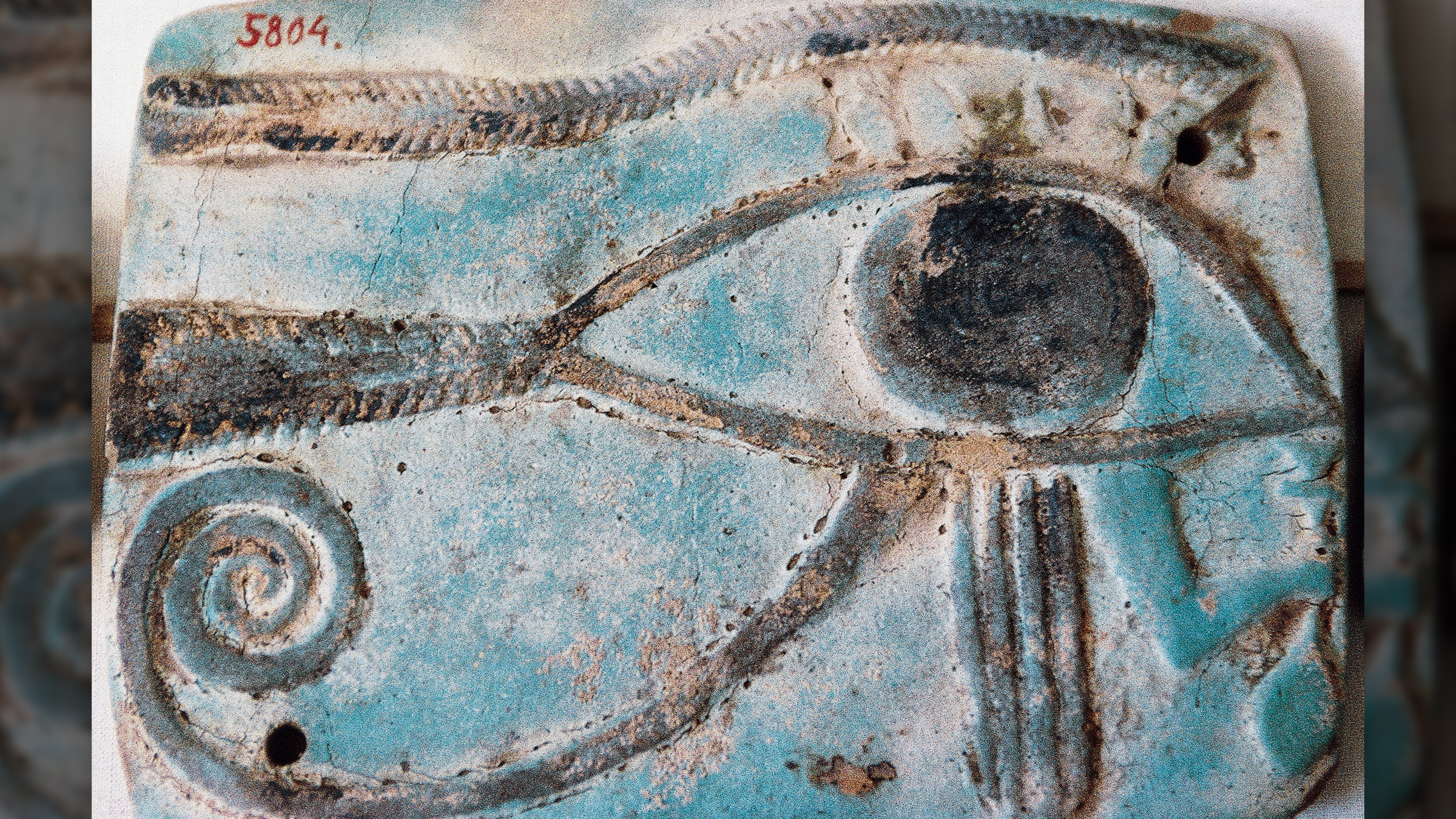
Rachael Rettner
Rachael is a Live Science contributor, and was a former channel editor and senior writer for Live Science between 2010 and 2022. She has a master's degree in journalism from New York University's Science, Health and Environmental Reporting Program. She also holds a B.S. in molecular biology and an M.S. in biology from the University of California, San Diego. Her work has appeared in Scienceline, The Washington Post and Scientific American.
Latest articles by Rachael Rettner

At least 20 million years of life have been lost to COVID-19, study suggests
By Rachael Rettner published
On average, each COVID-19 death resulted in 16 years of life lost.

Severe COVID-19 may damage the eyes, small study hints
By Rachael Rettner published
The researchers saw "nodules" at the back of patients' eyes, which can be signs of inflammation or direct damage to the eye.

Giant hair ball tears through teen's stomach, requiring surgery
By Rachael Rettner published
The hair ball was more than a foot long and completely filled her stomach.

CDC issues new guidelines for safely reopening schools
By Rachael Rettner published
The recommendations provide a "long-needed road map" for reopening schools, officials said.

Diabetes drug led to dramatic weight loss in large trial
By Rachael Rettner published
Participants lost 15% of their body weight.

California coronavirus variant is spreading rapidly. Should we worry?
By Rachael Rettner published
Known as CAL.20C, the variant now accounts for nearly half of COVID-19 cases in Southern California.

CDC says double-masking improves protection from COVID-19
By Rachael Rettner published
The study tested several methods for improving mask fit.

COVID-19 may lower sperm counts, small study finds
By Rachael Rettner published
In a study of 43 men who had recovered from COVID-19, nearly 20% had azoospermia, or the total absence of sperm in semen.

The sneaky way the coronavirus mutates to escape the immune system
By Rachael Rettner published
The mutations 'disguise' the virus from antibodies.

Horse tranquilizer emerges as new and deadly street drug in US
By Rachael Rettner published
Called xylazine, the drug is a sedative used in veterinary medicine, and is not approved for use in humans.

UK coronavirus variant develops vaccine-evading mutation
By Rachael Rettner published
This mutation has also been seen in a novel coronavirus variant in South Africa.
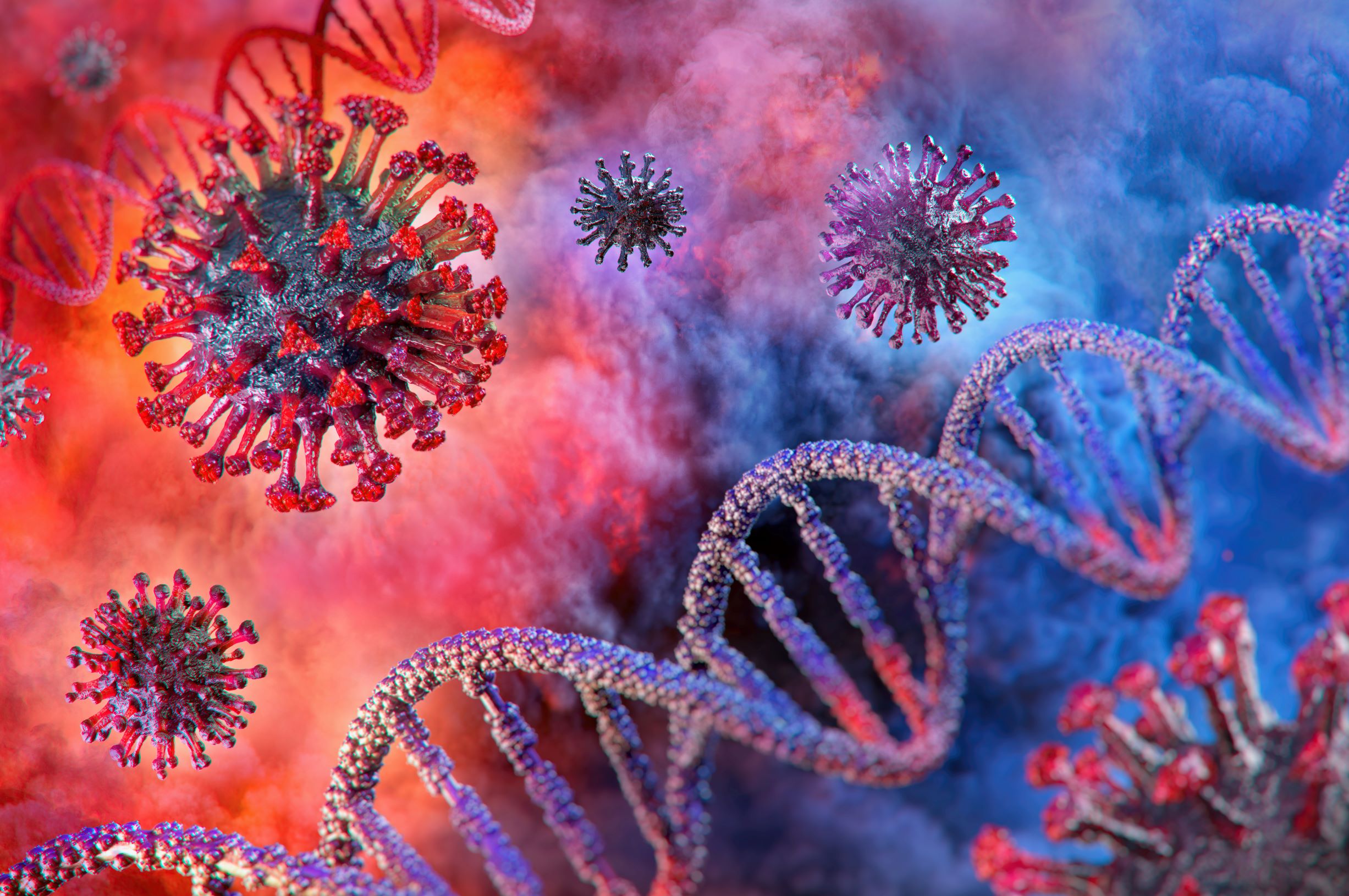
South African coronavirus variant: All your questions answered
By Rachael Rettner published
Experts are particularly alarmed by this variant because of its potential to "escape" protection from current vaccines.

Ultrasound treatment 'jump-started' the brains of 2 people in coma-like state
By Rachael Rettner published
The two patients who received the treatment showed significant progress over just days.
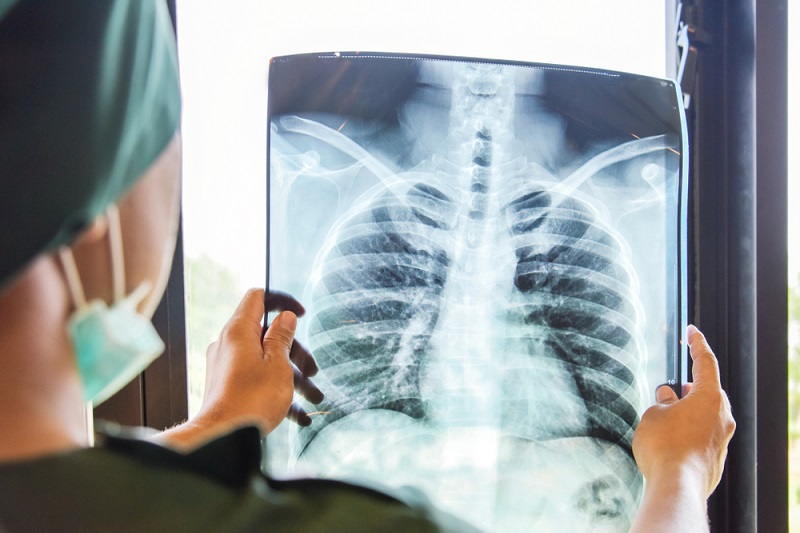
A woman seemed recovered from COVID-19. Then both her lungs collapsed.
By Rachael Rettner published
The case is unusual because the woman had not been previously hospitalized with COVID-19 or put on a ventilator.

Why cats and dogs may need their own COVID-19 vaccines
By Rachael Rettner published
Animal "reservoirs" may pose a risk to humans down the road.

UK coronavirus variant may be more deadly, early evidence suggests
By Rachael Rettner published
COVID-19 vaccines are still expected to work against the new variant.
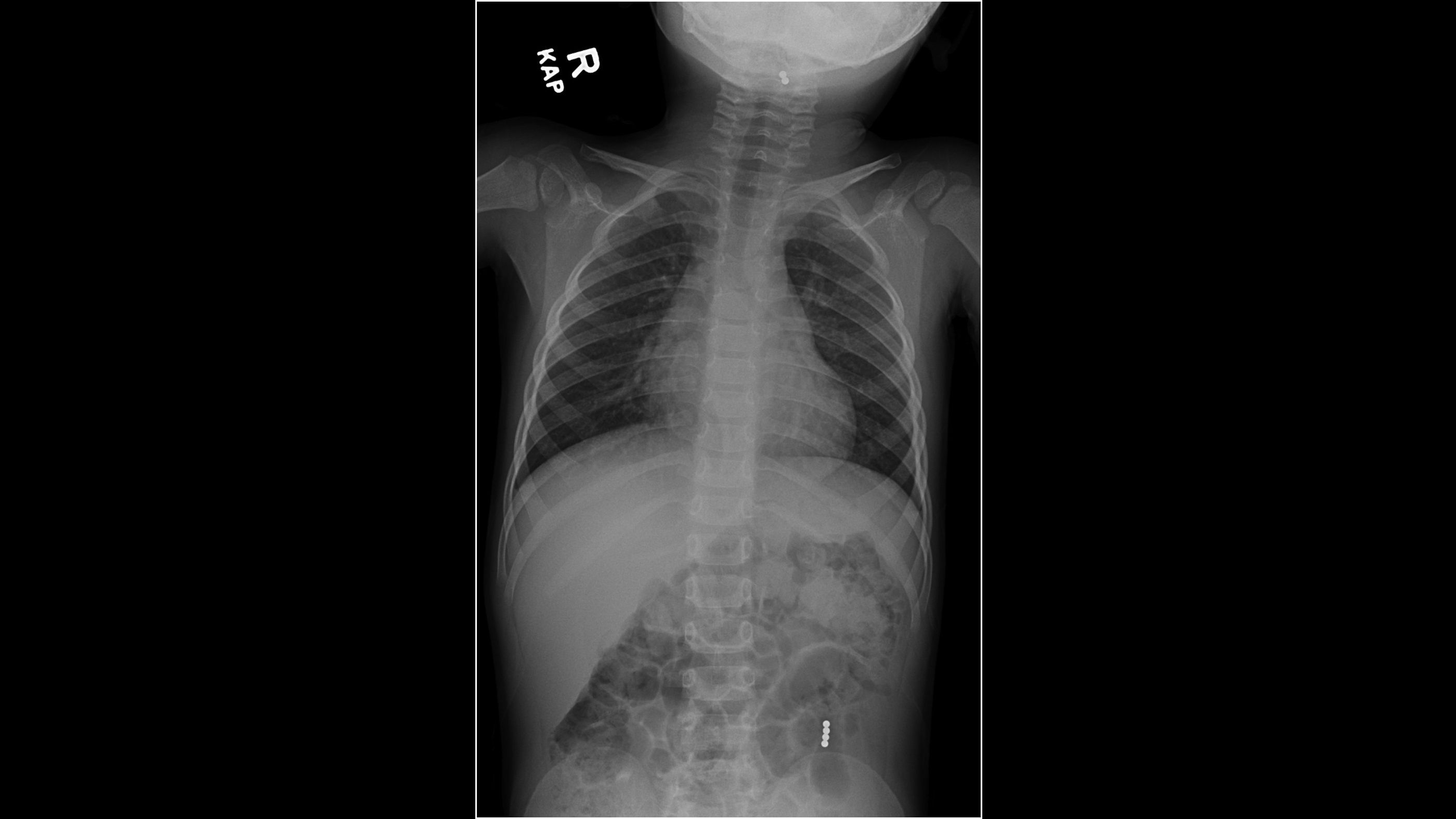
Toddler swallowed half a dozen tiny magnets. Some got stuck in his throat.
By Rachael Rettner published
Magnetic bead toys are particularly dangerous for young children, who may accidentally swallow them.

Talking is worse than coughing for spreading COVID-19 indoors
By Rachael Rettner published
The study also found that the virus can spread more than 6 feet (2 meters) in just seconds.

US life expectancy drops dramatically due to COVID-19
By Rachael Rettner published
Black and Latino populations are disproportionately affected.

UK coronavirus variant could become dominant US strain by March, CDC says
By Rachael Rettner published
Strict measures will be needed to prevent it from taking over.

New 'Columbus strain' of coronavirus evolved in the US
By Rachael Rettner published
This strain quickly became the dominant coronavirus variant in Columbus, Ohio.
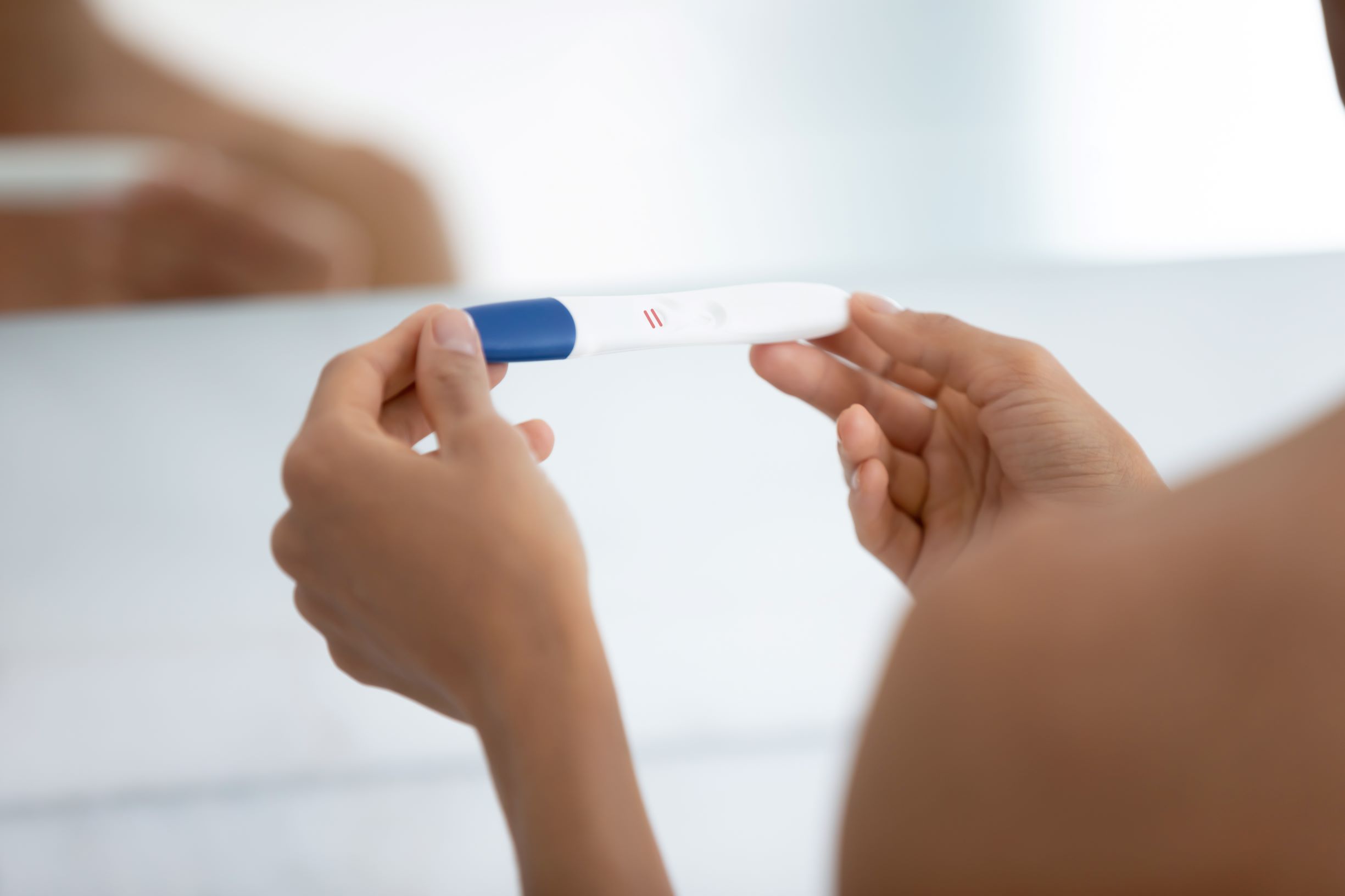
Marijuana use may reduce chances of getting pregnant
By Rachael Rettner published
Women who use marijuana while they are trying to conceive may be less likely to get pregnant.
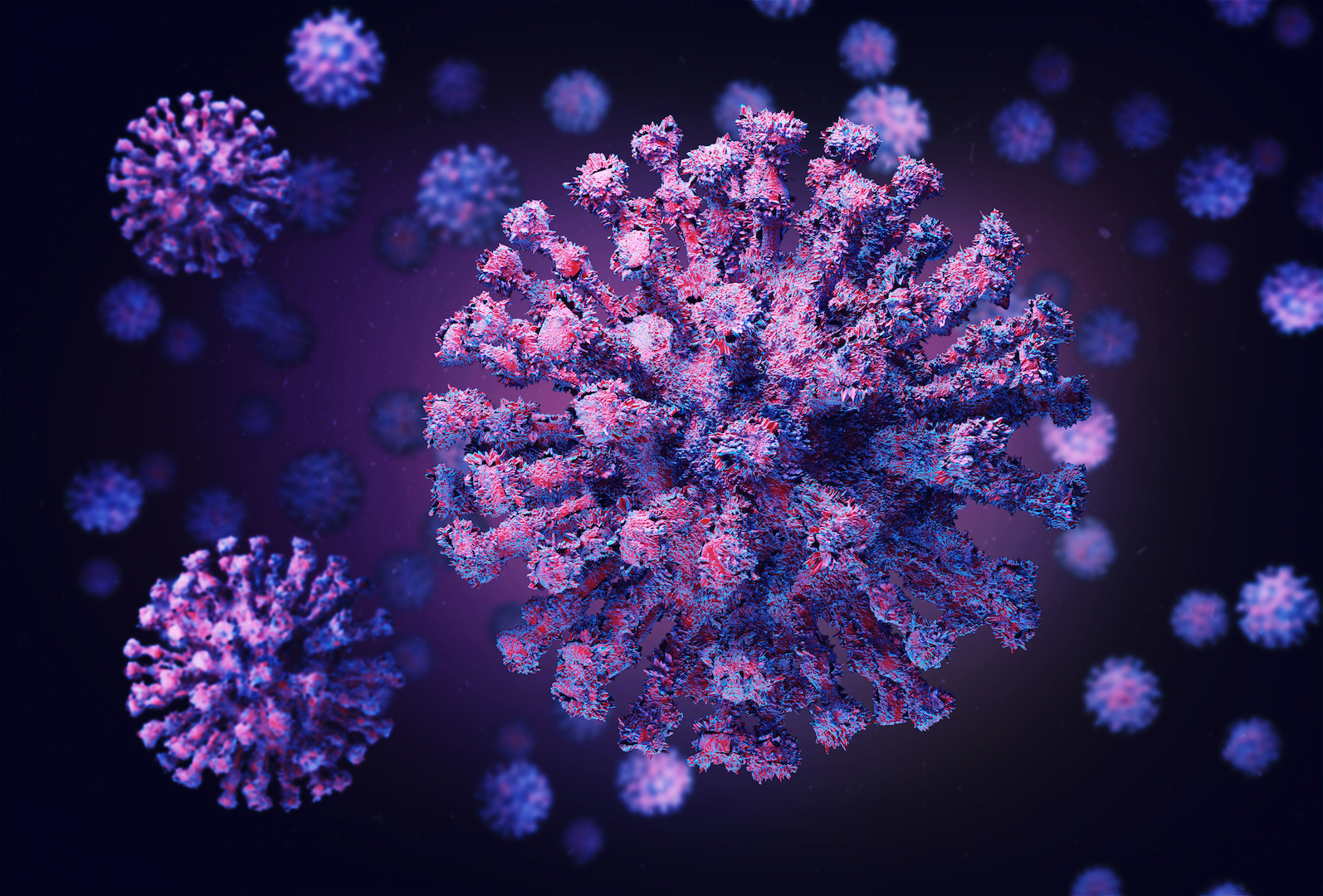
Coronavirus outbreak: Live Updates
By Yasemin Saplakoglu, Rachael Rettner published
Pandemic news from around the world.
Sign up for the Live Science daily newsletter now
Get the world’s most fascinating discoveries delivered straight to your inbox.


